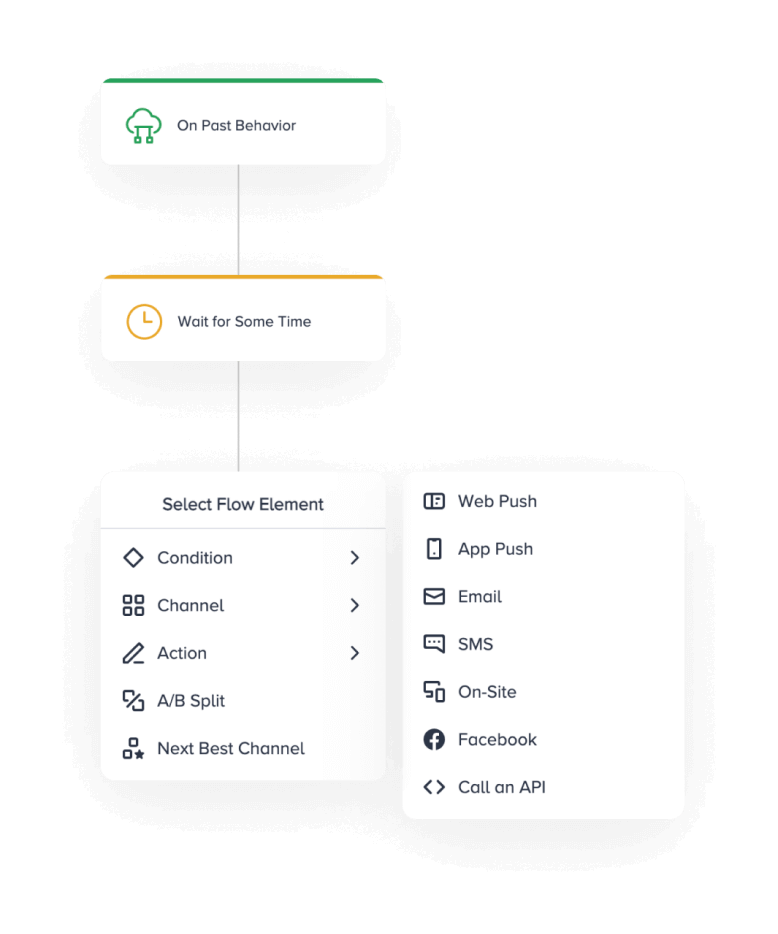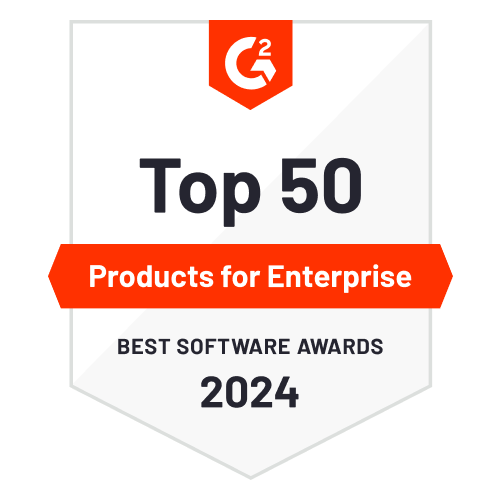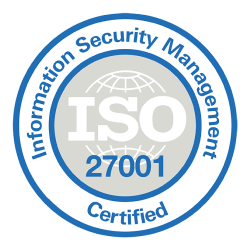Agile Marketing
Agile marketing is a methodology built as a result of the constant change and dynamics of marketing thanks to modern tech. It presents a solution that embraces change, uncertainty, and the need for rapid adaptation.
What is agile marketing?
Agile marketing is a modern approach to marketing that draws inspiration from the principles of agile software development. Its methodology emphasizes flexibility, collaboration, and iterative processes to respond quickly to changing market conditions and customer needs. Agile marketing involves breaking down marketing strategies into smaller, manageable tasks that can be executed in short timeframes, allowing marketing teams to adapt and adjust their efforts based on real-time feedback and insights.
For example, you’ve been told you need to launch a marketing campaign in less than two weeks.
With agile marketing, you would build a team and define their individual responsibilities for the launch, running daily sprints with your team to build, test, analyze and optimize the campaign. This way, you’ll be able to identify any roadblocks and ease the flow for achieving the desired goal.
The core principles of agile marketing
- Individuals and interactions over processes and tools
- Responding to change over following a pre-agreed plan
- Working on tasks over comprehensive documentation
- Customer collaboration over contract negotiation
How to implement agile marketing
Implementing agile marketing involves a significant shift in mindset and processes, but the potential benefits in terms of adaptability and efficiency are well worth the effort.
Here’s a step-by-step guide on successfully introducing agile marketing principles into your team’s workflow:
- Cross-functional teams
Create cross-functional teams consisting of individuals with diverse skill sets relevant to marketing activities. These can include content creators, designers, data analysts, social media managers, and more. The collaboration of these varied talents brings a holistic perspective to campaign development.
- Sprints and backlog creation
Adopt the concept of sprints, which are focused, time-boxed periods during which a set of tasks is completed. Each sprint typically lasts between one to four weeks. At the start of each sprint, collaboratively create a backlog of tasks—a prioritized list of marketing activities to be accomplished. The backlog can be adjusted and reprioritized at the beginning of each sprint based on feedback and evolving priorities.
- Daily stand-up meetings
Hold daily stand-up meetings with the team. During these brief gatherings, team members update their progress, share challenges, and discuss their plans for the day. These meetings foster communication, keep everyone aligned, and identify potential roadblocks early on.
- Iterative feedback and data
Continuous feedback and data tracking are integral to agile marketing. Regularly engage with stakeholders, including customers and other relevant parties, to gather insights and feedback on ongoing campaigns. Leverage a marketing platform with real-time data analytics to gain insights into your campaigns’ performance, and use this information to inform decision-making.
- Adaptive planning
Embrace the idea that plans can change. Be prepared to adjust strategies based on new information, market shifts, or unexpected developments. Agile marketing encourages an open attitude toward adapting to change while staying focused on your objectives.
- Rapid execution
Divide the tasks in your backlog into smaller, manageable pieces that can be completed within a single sprint. Rapid execution within short timeframes keeps the momentum going and allows the team to see tangible progress quickly.

The importance of agile marketing
Traditional marketing approaches are often too linear and siloed for how rapidly customer behaviors now change.
Here are five reasons to introduce agile marketing to your team:
- Adaptability to rapid changes: The modern marketing landscape is characterized by constant flux. Agile marketing equips teams to swiftly adjust strategies, ensuring campaigns remain relevant and effective as consumer behaviors and market trends evolve.
- Faster response and time-to-market: Agile marketing’s iterative approach and short sprints enable quicker execution. Marketing teams can capitalize on emerging opportunities and respond to trends promptly, giving them a competitive edge and accelerating time-to-market.
- Customer-centric approach: Agile marketing places the customer at the core. Regular feedback loops and data analysis provide insights into customer preferences and behaviors, enabling campaigns to be tailored for maximum engagement and satisfaction.
- Data-driven decision-making: The reliance on real-time data and performance metrics ensures that marketing strategies are grounded in evidence rather than assumptions. This data-driven approach minimizes risks and guides informed decision-making.
- Continuous improvement and innovation: Agile marketing fosters a culture of continuous learning and refinement. Regular sprint reviews encourage teams to reflect on successes and failures, driving ongoing improvement and fostering campaign innovation.
Agile marketing examples
The following use cases illustrate how agile marketing enables teams to remain adaptable, customer-focused, and data-driven in their marketing efforts.
Product launch optimization
A tech company is preparing to launch a new smartphone model. Using agile marketing principles, the marketing team breaks down the launch strategy into sprints.
Each sprint focuses on a specific aspect, such as content creation, social media campaigns, and influencer partnerships. By conducting daily stand-up meetings, the team uses a cross-channel marketing platform to track progress, share insights, and make real-time adjustments based on customer feedback and engagement metrics. This agile approach enables the team to swiftly adapt messaging and tactics, ensuring a successful product launch that resonates with the target audience.
Event promotion adaptation
A nonprofit organization is hosting a charity event. Applying agile marketing, the event marketing team divides the promotion process into sprints to experiment with different event descriptions, imagery, and promotional channels.
By monitoring engagement metrics and attendee registrations on their marketing platform, the team gains real-time insights into what resonates with potential attendees. With reliable, up-to-date metrics, they can fine-tune their event promotion tactics, ensuring maximum attendance and support for their cause.
Email campaign refinement
A subscription-based service is looking to improve its email marketing campaigns. The marketing team creates sprints to optimize various elements of the campaigns, such as subject lines, content layouts, and CTAs.
With each sprint, the team uses its email marketing platform to test different variations and analyzes open rates, click-through rates, and conversion rates. This iterative process lets them quickly identify the most effective email strategies, increasing engagement and conversion rates.
Real-time analytics for your daily stand-up
Ready to embrace agile marketing, track metrics, and adapt your campaigns in real-time? Insider offers comprehensive, real-time data analytics and AI-led behavior predictions so you can keep your campaigns relevant no matter how fast things change. Get started today with a quick demo.













